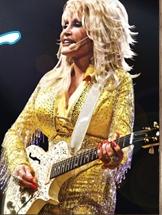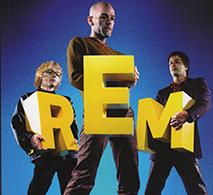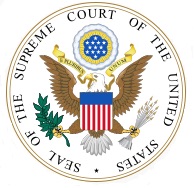Indianapolis, IN – The Southern District of Indiana ruled in favor of Plaintiff Patrick Collins, Inc. by denying the motion of pro se Defendant John Doe No. 7 to quash or modify Plaintiff’s subpoena.
In a lawsuit originally styled “Patrick Collins, Inc. v. John Does 1 – 13,” Patrick Collins, Inc. of Canoga Park, California (“Patrick Collins”), alleged direct and contributory infringement by 13 then-unidentified individuals including John Doe No. 7. The suit was filed by copyright attorney Paul Nicoletti.
By motion, Dustin Hillman (“Hillman”), identifying himself only as “John Doe 7,” asked the court to quash or modify the subpoena seeking to compel his internet service provider to provide his real name to the Plaintiff, stating that “such actions violate right to privacy and the disclosure of such matters may result in wrongful or unjust incrimination.”
Hillman attached for the court’s review an article which concluded that a common approach for identifying users infringing copyright law using BitTorrent (via the Internet) was not conclusive. He then asked the court to require Plaintiff to provide further information about its methods of identifying defendants and proof of the reliability of those methods. “Hardly a day goes by,” said Hillman, “that the news does not contain a story where a computer system containing highly confidential data has been hacked, spoofed and infected by malware.” He asked for the subpoena to be quashed or modified on these grounds.
The court was not persuaded. It discussed those situations under FRCP 45(c)(3)(A) where a court must quash or modify a subpoena and then those situations under FRCP 45(c)(3)(B) where a court may quash or modify a subpoena. Citing the Malibu Media litigation, a similar matter which we blogged about here, the court then noted that the burden of establishing the grounds to quash a subpoena is borne by the party seeking to quash it. Hillman, it said, had made an argument denying liability based on the possibility that his IP address may have been used by someone else. Such an objection was an argument on the merits of the case and was “irrelevant and premature” in the discovery phase of the litigation.
Hillman also asked the court to require the Plaintiff to disclose its “shake down methods” of collection, how much it had collected from alleged copyright infringers, the percentage of cases settled without trial and the total costs incurred by the Plaintiff. The court was not moved by this request, either, stating that no evidence of abusive settlement tactics had been presented to the court.
Hillman’s identity was deemed “relevant information that is reasonably calculated to lead to the discovery of admissible evidence” and Hillman’s motion to quash or modify the subpoena was denied.
Practice Tip: Patrick Collins, Inc. has filed quite a few suits, including another case naming over 1,000 John Doe defendants. The company has been called a “copyright troll” on more than one occasion. The actions of companies such as Patrick Collins and Malibu Media have been called “extortionate” and, in at least one case, a class action suit has been filed against these “trolls.”
 Indiana Intellectual Property Law News
Indiana Intellectual Property Law News






